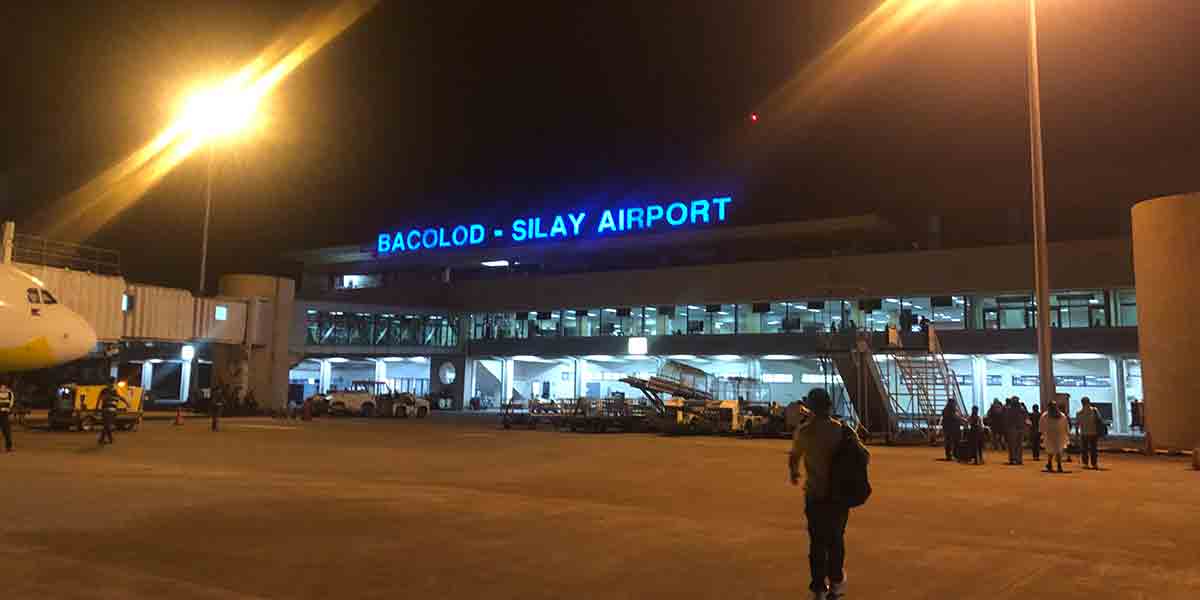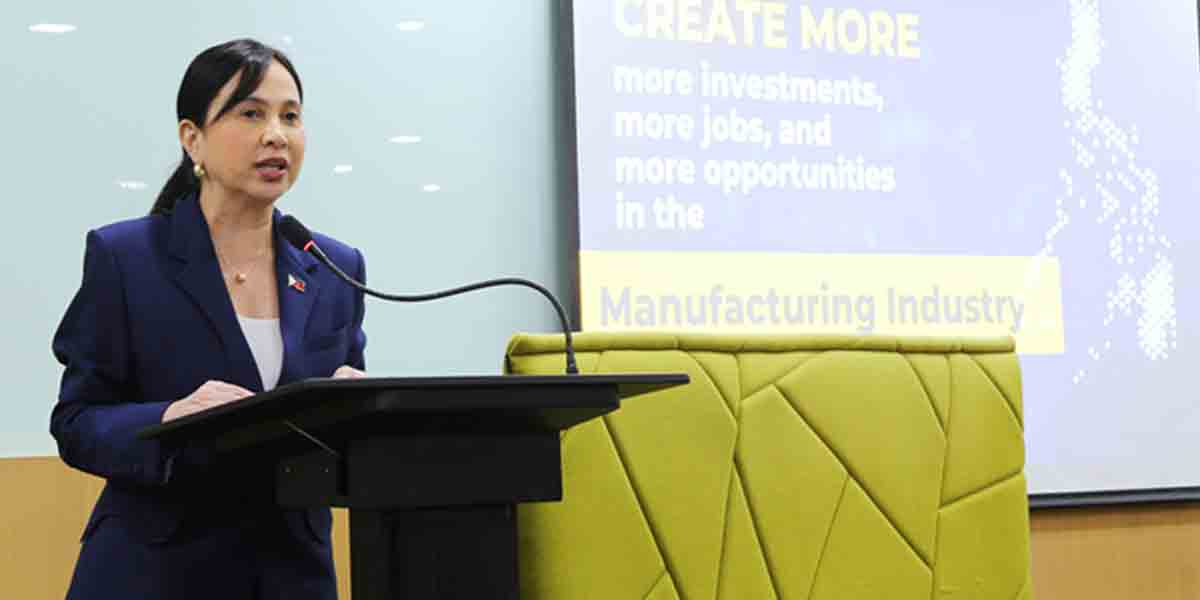 By Herbert Vego
By Herbert Vego
IS there an orchestrated move to disempower two electric cooperatives in Iloilo? “Yes” seems to be the answer because of a House bill seeking to extend the coverage of MORE Power – Iloilo City’s private distribution utility – to the municipalities of the two districts of Iloilo province.
There are insinuations in social media, however, that such an option would punish energy consumers with higher monthly bills. True, or false?
False! The calls for MORE Power’s “rescue” have resonated from no less than the residents of eight towns of the 2nd District (Pavia, Sta. Barbara, Leganes, Alimodian, Leon, San Miguel, Zarraga, New Lucena) and the seven towns and a city of the 4th District (Anilao, Banate, Barotac Nuevo, Dumangas, Dingle, Duenas, San Enrique, Passi City), which are served by the Iloilo Electric Cooperative (ILECO) 1 and 2, respectively.
The primordial reason for the clamor for “change” is the cheaper rate of MORE Power. Now at P6.38/kWh, it is the cheapest in the Philippines. ILECOs residential rates, on the other hand, still swing between P11 and P12 despite the step taken by Energy Regulation Commission (ERC) chair Agnes Devanadera to stop the line rentals paid to the Wholesale Electricity Spot Market (WESM) through the Independent Electricity Market Operator of the Philippines (IEMOP).
The rental fees sprang from the accident done by a heavy equipment of a contractor of the Department of Public Works and Highways (DPWH) on a 90-negawatt submarine cable of the National Grid Corporation of the Philippines (NGCP) along Bio-os River in Amlan, Negros Oriental on June 15.
MORE Power was also a “victim” of that accident. In the month of August, it paid P164.4 million in line rentals, more than twice the P66.15 million it paid in July.
Another reason for the public clamor for MORE expansion is its round-the-clock efficiency in troubleshooting. Night and day, its linemen are at work responding to customers’ complaints ranging from pole fires to accidental brownouts within an hour or two.
It was in answer to public outcry that congressmen Mike Gorriceta (1st Dist. ) and Braden John Biron (4th Dist.) recently filed House Bill 10271 to amend Republic Act 11212 which had granted MORE Power the franchise to distribute electricity in Iloilo City. The amendment is aimed at extending the latter’s coverage to the aforesaid municipalities.
In their explanatory note to the bill, Gorriceta and Biron cited the fast expansion of MORE Power’s base from 63,000 to 88,000 customers to prove its “fast, reliable and responsive” service in its first one year and a half of operation.
I agree, remembering that when MORE Power took over the city coverage from Panay Electric Co. (PECO) in February 2020, the latter was charging more or less the same rates as ILECO.:
In that “beginning,” MORE Power’s president and chief operating officer, Roel Z. Castro, observed that the system’s loss was partly responsible for high bills imposed on paying customers. The term “system’s loss” refers either to stolen electricity which is charged proportionately to paying customers or to electricity wasted in transit from generating units to home users.
Castro rationalized that if his company could minimize the system’s loss, it could minimize its cost charged to household users and, conversely, maximize the number of paying customers. And so he lost no time running after an estimated 30,000 “freeloaders” tampering with electric meters or using gadgets known as “jumpers”. Charges against the caught pilferers have been filed in court.
As everybody knows, both MORE and ILECO are power distributors, not generators. They are at the mercy of the generating power plants. The bill that they send to power consumers also includes components forwarded to power plants and the sole transmission grid, the NGCP.
This is not to denigrate ILECO for its failure to do the MORE math. As a matter of fact, power pilferage is not rampant in their coverage areas. But the cooperatives are not meant to expand exponentially, as may be gleaned from the opinion of lawyer Hector Teodosio:
“The establishment or concept of electric cooperative was envisioned more than 40 years ago to provide power to municipalities and rural areas for lighting their homes. Forty years ago, the power needs of the towns and rural areas were small. Now there are medium-sized industries, shopping malls, air-conditioned housing units, and welding shops.”
Who knows? By giving up “excess baggage,” ILECO 1 and 2 could reduce their operating expenses, hopefully resulting in reduced rates.
You have heard it said in slogans of successful corporations, “Service first, profit secondary.”






















